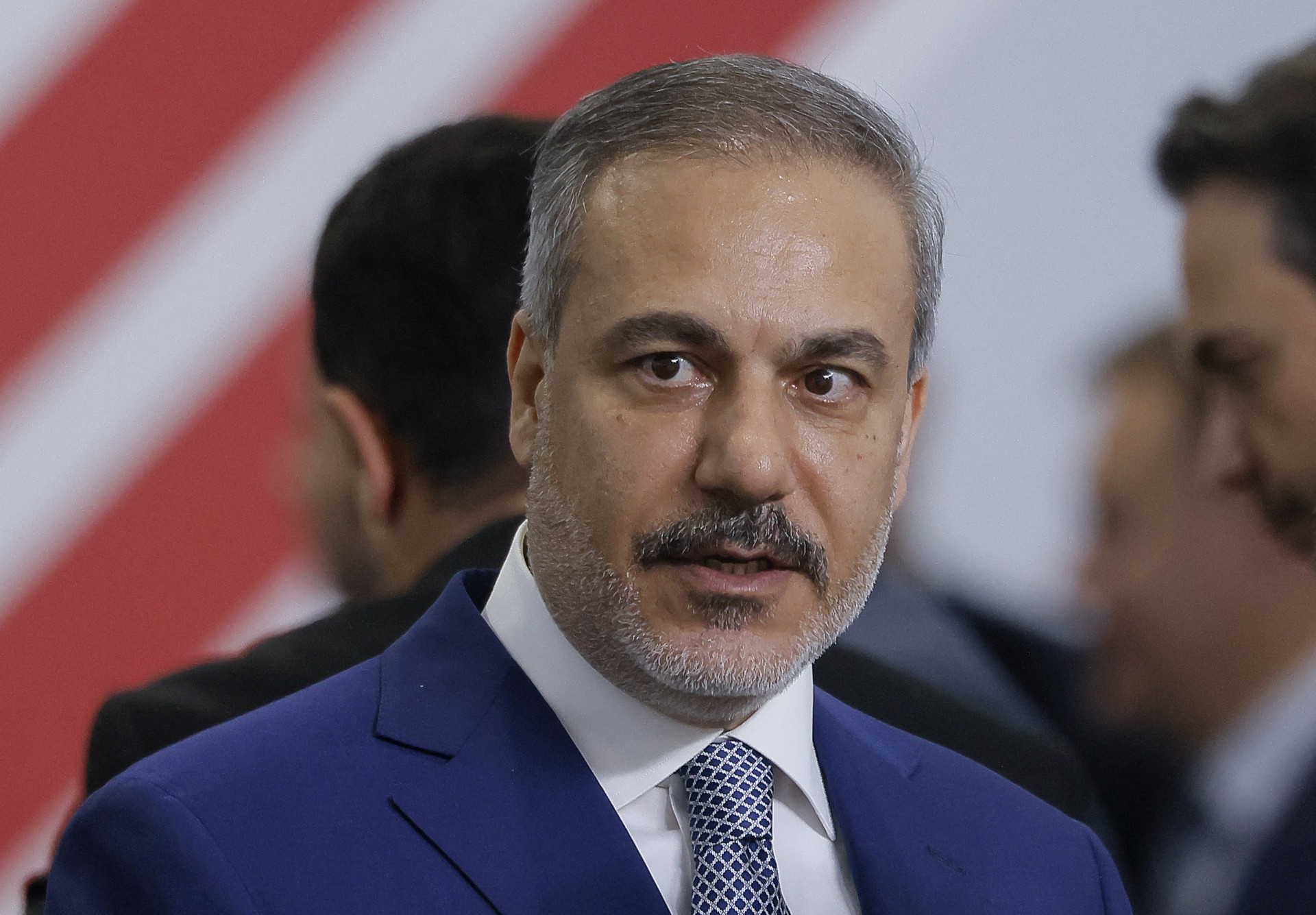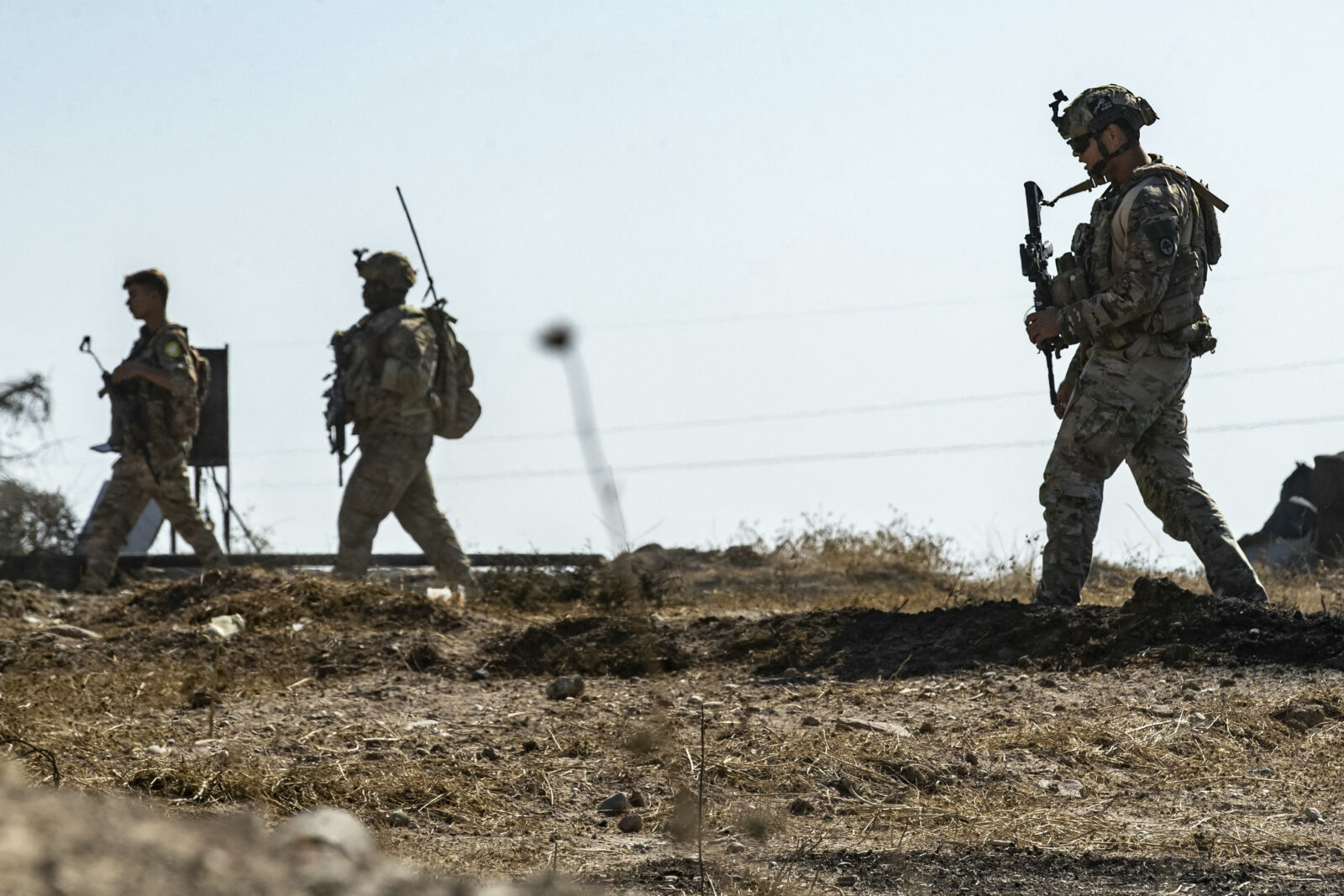
Foreign Minister Hakan Fidan provided insights into Türkiye’s strategic outlook on the normalization process with Syria, emphasizing the need for a stable political framework between the Syrian regime and opposition groups.
During discussions with Hurriyet, Fidan highlighted the complexities of a fragmented Syria influenced by various armed groups and external factors, such as increasing Israeli airstrikes.
Fidan noted ongoing dialogues with the United States concerning the presence of PKK/YPG terrorist organization elements in Syria. Türkiye continues to stress the importance of removing these groups, which occupy significant portions of Syrian territory with U.S. backing.
“We consistently remind our American counterparts that their cooperation with these groups must end,” Fidan stated, adding that progress has been made, albeit incrementally.

Fidan addressed recent Israeli military activities, criticizing Prime Minister Benjamin Netanyahu's strategies during ceasefire negotiations. “Netanyahu uses the negotiation table as a means to delay while pursuing military goals,” he noted.
The Turkish foreign minister stressed the importance of stopping Israel's use of hunger as a weapon and preventing destabilizing actions in Gaza and the West Bank.

Türkiye seeks to play a stabilizing role amid rising tensions between Iran and Israel. Fidan revealed that discussions with U.S. intermediaries included sending messages aimed at de-escalation.
“Preventing conflict escalation is in our interest, especially when addressing the Iran-Israel situation,” he affirmed.

On another security issue, Fidan reflected on the diminishing power of the Fetullah Terrorist Organization (FETO) following the death of its ringleader, Fethullah Gulen.
“The organization is in a state of decline and no longer can gain new support,” he remarked, urging the U.S. to extradite the remaining members.

Fidan also touched on the evolving post-Brexit bilateral relations with the United Kingdom, announcing the initiation of talks to update the existing free trade agreement. The objective is to deepen relations and explore defense industry collaborations.